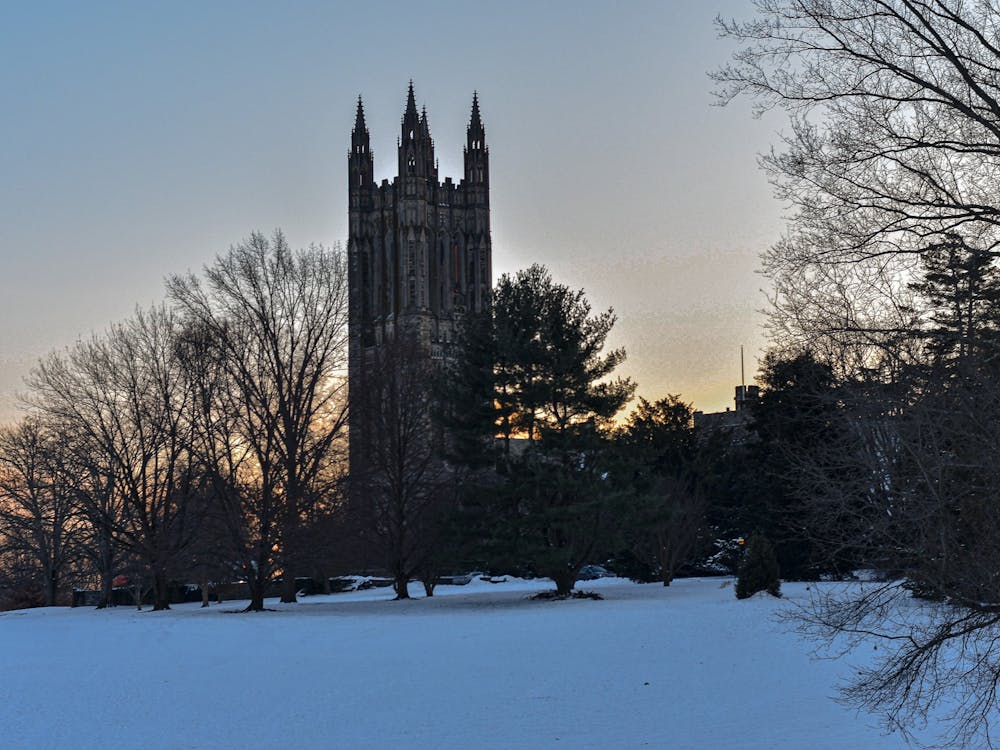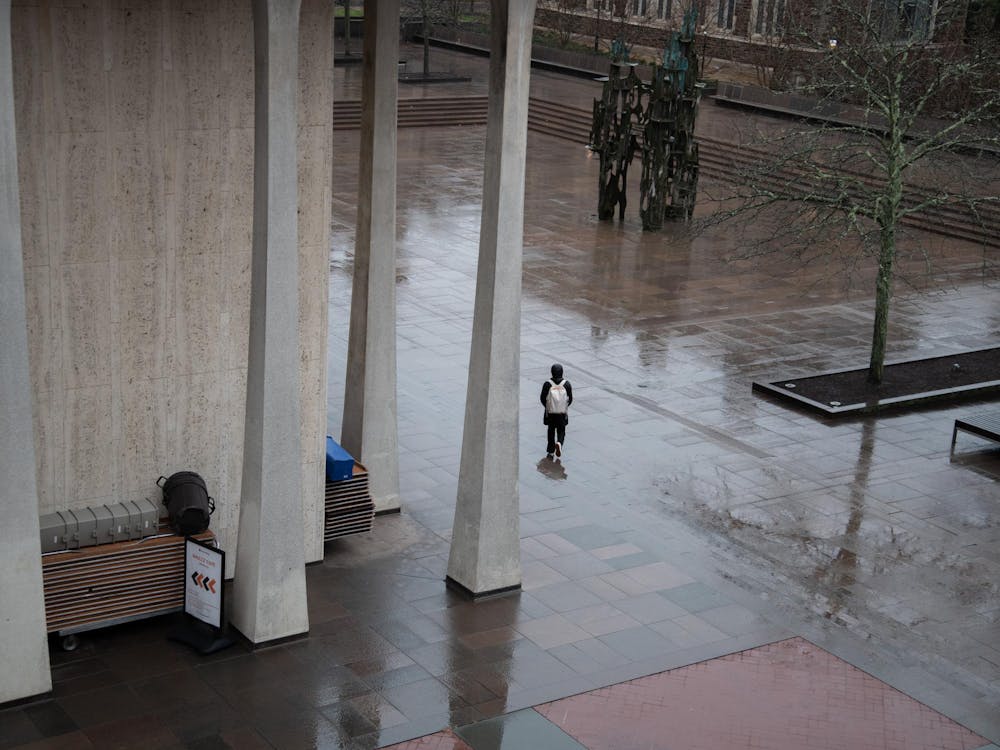Many students are understandably concluding that the administration remanding Honor Code Reform is unjustified and unexpected. Here, I will argue the reforms were an irresponsible abuse of a longstanding agreement between students and faculty. This entire calamity was provoked by the USG and the USG subcommittee that created these reforms, seeing as they were warned about the potential consequences of their irresponsible actions.
Given the scale and expediency of the reforms, it is fair for the administration to say “These proposals represent a significant departure from prior practice and exceed the scope of the responsibility delegated to the student body concerning the Honor System.” The administration has correctly recognized that referenda 1-3 constitute matters that the student body itself should not fully control independent of faculty and administration cooperation. The campaign did not fairly present the potential ramifications of the proposal, such as disparate penalties, the automatic mobilization of the faculty to act as judges in trials, and the unclear standards of evidence necessary to move a case to trial. Instead of a cooperative process where these concerns could have been identified, the referenda were written independently by a USG subcommittee without input from faculty or administration.
Princeton is a collaboration between faculty, administration, and students: these groups have been the building blocks of sound universities for centuries. The Honor Code is a unique instance of this collaboration: faculty waive their presence in the in-class exam academic integrity system in exchange for the expectation that students will maintain a system of high academic integrity that coincides with the interests of the faculty. Fundamental changes to this agreement should be as collaborative as the agreement itself. Amendments to the Honor System that dramatically change the standard penalty for academic integrity violations are undoubtedly fundamental to the nature of this agreement. Amendments that drastically changes the role faculty serve in the in-class exam academic integrity system are absolutely fundamental to the nature of this agreement.
The agreement never completely detached the faculty from the academic integrity system. As the email correctly points out, the faculty has always “retained its ultimate authority over all academic matters, including those aspects of discipline it entrusted to the Honor Committee.” As such, writers of reform have a responsibility to utilize faculty and administration cooperation when drafting reform fundamental to the nature of this agreement.
Eight students, handpicked by Patrick Flanigan, comprised the subcommittee: they were not elected. These students abused their stature to irresponsibly draft this reform. They improperly met behind closed doors in unannounced meetings. They had minimal to no dialogue with the faculty, administration, Honor Committee leadership, or legal counsel. These students acted irresponsibly as to create reforms the faculty and administration would have no choice but to remand.
To boot, USG was repeatedly warned of the irresponsible nature of the reform, the underlying potential consequences, and the lack of faculty consent regarding the reforms. The USG was repeatedly urged by myself and many others to appeal the decision to put these reforms on the ballot. On Dec. 10, 2017, I submitted comments to the USG recommending an appeal of the decision to put the referenda on the ballot. The comments, as well as a 15-minute recording where I explained the concerns, were placed on the official docket for the meeting. One comment is as follows.
"I have personally spoken with VP [for Campus Life W. Rochelle] Calhoun and [Deputy Dean of Undergraduate Students Thomas] Dunne, and they both agree that these referenda will not necessarily be immediately implemented. Due to the risks they pose, and the lack of consent from the faculty, they could be delayed or outright refused by the faculty. This, at a minimum, could result in great tension because students will get upset if the faculty delays or modifies the implementation."
The USG voted against appealing the decision to put these proposed amendments on the ballot. We are now seeing the aforementioned delay and the tension. This tension and strife was avoidable. Had the USG subcommittee drafted reform responsibly, or had the USG appealed the decision to put these reforms on the ballot, we would not be seeing this fallout. Instead of responsible reform, a few students have uncannily formed this unsettling scenario in which the faculty and administration had no choice but to act in a way that appears malevolent.
Sponsors of the reform were warned of these issues while their ballot-worthiness was being questioned. One response blurted out at a USG meeting was: "We should let the administration respond if they want to respond, but we should let the students speak if they want to speak." Well, the students spoke, and the administration has now responded, right on schedule.
A few more student contentions I would like to address are as follows. Some students think if the faculty is displeased with the reform, they should now entirely throw out the agreement. No. Throwing out a an agreement fine-tuned since its inception due to less than three months worth of irresponsibility from one USG subcommittee with eight members is preposterous. Major changes to a system as central and influential to the entire student body and the University should be crafted under the full collaboration of students who are affected by them, faculty who are interested in maintaining academic integrity, and administrators interested in the continuity of the greatness of Princeton University (not to say these relevancies aren’t shared, of course).
Lastly, I’ve heard some say the administration should have done something before the election. I believe it was difficult to understand the entire situation as it was developing, and remanding the election before or after it took place is, in both cases, not a strategy likely to be viewed favorably by students. It appears they chose the conservative option, instead of opting for hastily interfering in an election as it was taking place with only limited information, understanding, and conclusions. Either option could have been avoided had the USG or the USG subcommittee that created these reforms acted responsibly. The administrators who wrote the email did not do anything untoward. The erroneous, careless, and irresponsible actions of the USG and the USG subcommittee unnecessarily constructed this debacle.
Louis Tambellini is a senior in Mechanical and Aerospace Engineering from Franklin, Tenn. He can be reached at louist@princeton.edu.









